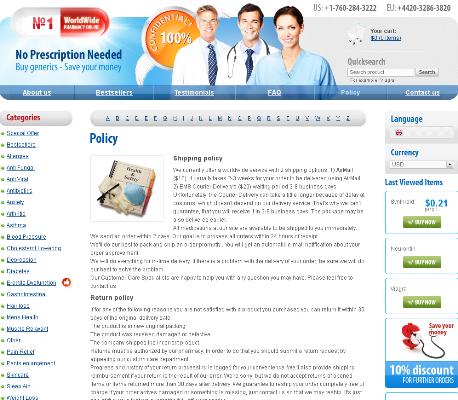Understanding What Lipitor Does for Your Body
When you take Lipitor, you’re giving your body a tool to lower unwanted cholesterol and protect your heart in the long run. By blocking an enzyme in the liver that’s responsible for making cholesterol, Lipitor helps reduce harmful LDL (low-density lipoprotein) levels while also supporting a modest increase in good HDL (high-density lipoprotein). This dual action helps clear cholesterol out of your blood vessels, reducing the risk of blockages, heart attacks, and strokes.
What’s fascinating is how Lipitor actively shifts the balance of fats in your bloodstream, especially in people who may not respond enough to diet and lifestyle changes alone. Over time, this medication can significantly improve your cardiovascular health, helping to safeguard your arteries and overall well-being.
| Effect | Benefit |
|---|---|
| Lowers LDL Cholesterol | Reduces artery blockage risk |
| Raises HDL Cholesterol | Supports heart health |
| Lowers Triglycerides | Improves overall cholesterol profile |
Standard Dosage Options and What They Mean

When your doctor prescribes Lipitor, they’ll typically start you on a dosage ranging from 10 mg to 80 mg per day, based on your health needs and cholesterol goals. Most people begin at a lower dose, such as 10 mg or 20 mg daily, giving your body a chance to adjust while monitoring how effectively Lipitor lowers your LDL (“bad”) cholesterol. For those at higher risk, like patients with heart disease or severely elevated cholesterol, a higher starting dose may be necessary, but this is always determined with caution.
Each strength of Lipitor isn’t just a number—it signals how aggressively your cholesterol is being targeted. Lower doses are often sufficient for moderate cholesterol reduction, while higher strengths provide stronger LDL-lowering effects. Your doctor will carefully choose the right dose to offer enough benefit without exposing you to unnecessary side effects.
Factors That Affect Your Personal Lipitor Dose
When a doctor prescribes Lipitor, they consider several individual health factors. Your age, weight, and any existing medical conditions can shape your ideal dosage. For example, people with liver issues or those taking certain medications may require a lower starting dose. Lifestyle factors such as diet, alcohol use, and exercise levels also influence how well your body responds to Lipitor. Lastly, your cholesterol levels and risk for heart disease guide your doctor in personalizing your prescription for maximum benefit.
Signs You're Taking the Wrong Dosage

Imagine starting Lipitor and noticing unexpected muscle aches or extreme fatigue creeping into your daily routine. These subtle changes could be your body's way of signaling that your dosage isn't quite right. On the other hand, persistent high cholesterol numbers might indicate your current amount is too low, leaving you at risk for heart problems despite taking your medication as prescribed.
Staying attuned to headaches, digestive issues, or even unexplained mood swings can reveal valuable clues about how your body responds to Lipitor. If you suddenly experience yellowing of the skin or dark urine, it could suggest liver strain—a rare but serious sign that demands prompt medical attention and possible dosage adjustment.
Tips for Adjusting Dosage Safely with Your Doctor
When you’re considering a Lipitor dosage adjustment, clear communication with your doctor is crucial. Start by keeping a detailed record of your daily routine, noting any changes in your health, lifestyle, or how you feel after taking your medication. Share these observations openly during your appointment, as they can help your doctor determine if a dose change is needed. Never alter your Lipitor dose on your own—any changes should be based on your doctor’s guidance, backed by blood test results and health check-ins.
Because your ideal amount may shift due to weight change, age, or other medications, regular reviews with your healthcare provider are vital. By working together, you’ll reduce the risk of side effects and keep your cholesterol under control with the safest dose possible.
| Step | Action |
|---|---|
| 1 | Track health and side effects daily |
| 2 | Discuss observations with your doctor |
| 3 | Follow medical advice on dose changes |
| 4 | Attend follow-up appointments for monitoring |
Managing Lipitor Side Effects at Different Strengths
Every person’s experience with Lipitor can be different depending on the dosage they take. Mild side effects, such as muscle aches or digestive discomfort, may be common at lower doses but don't always require stopping the medication. At higher strengths, some people notice increased fatigue, changes in liver enzyme levels, or stronger muscle pain. Staying aware of your body’s responses is essential. If symptoms become bothersome, discussing them with your doctor ensures you get tailored advice and possible adjustments for your situation.

